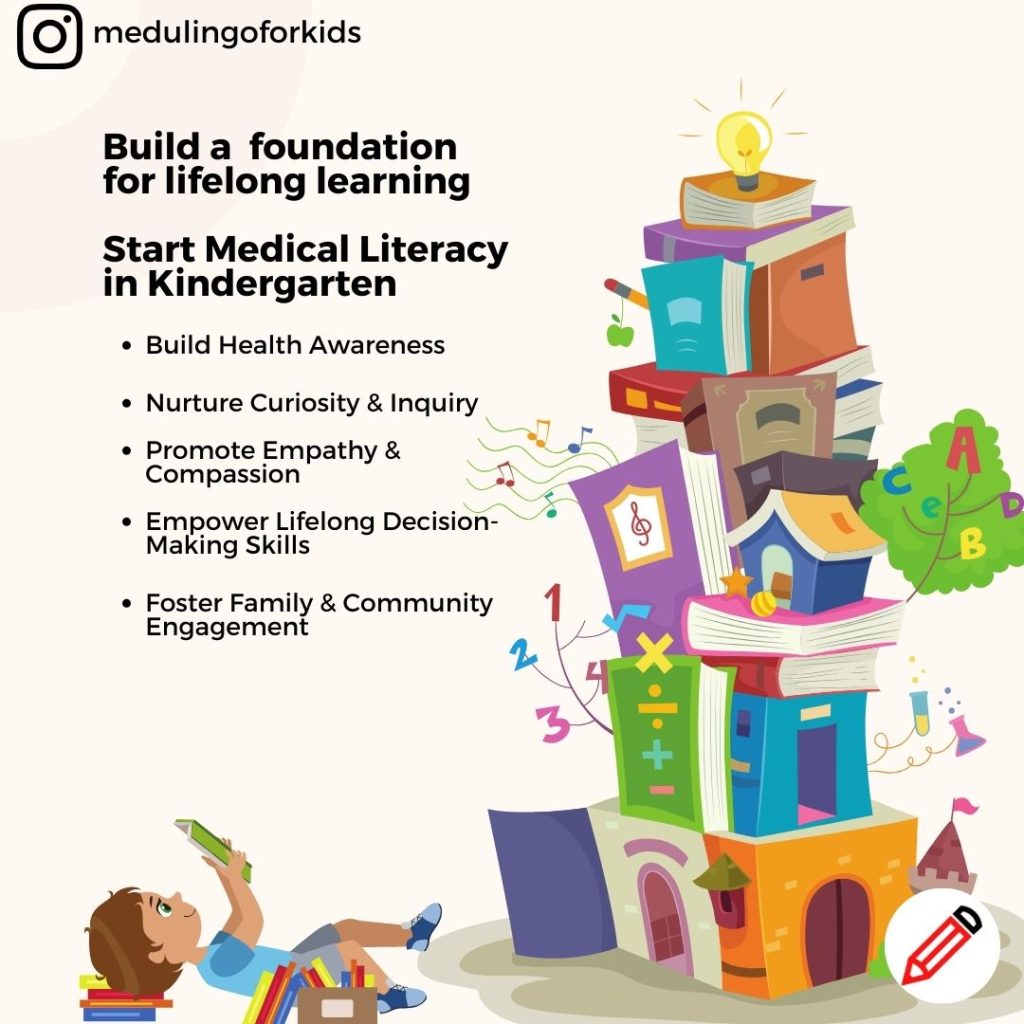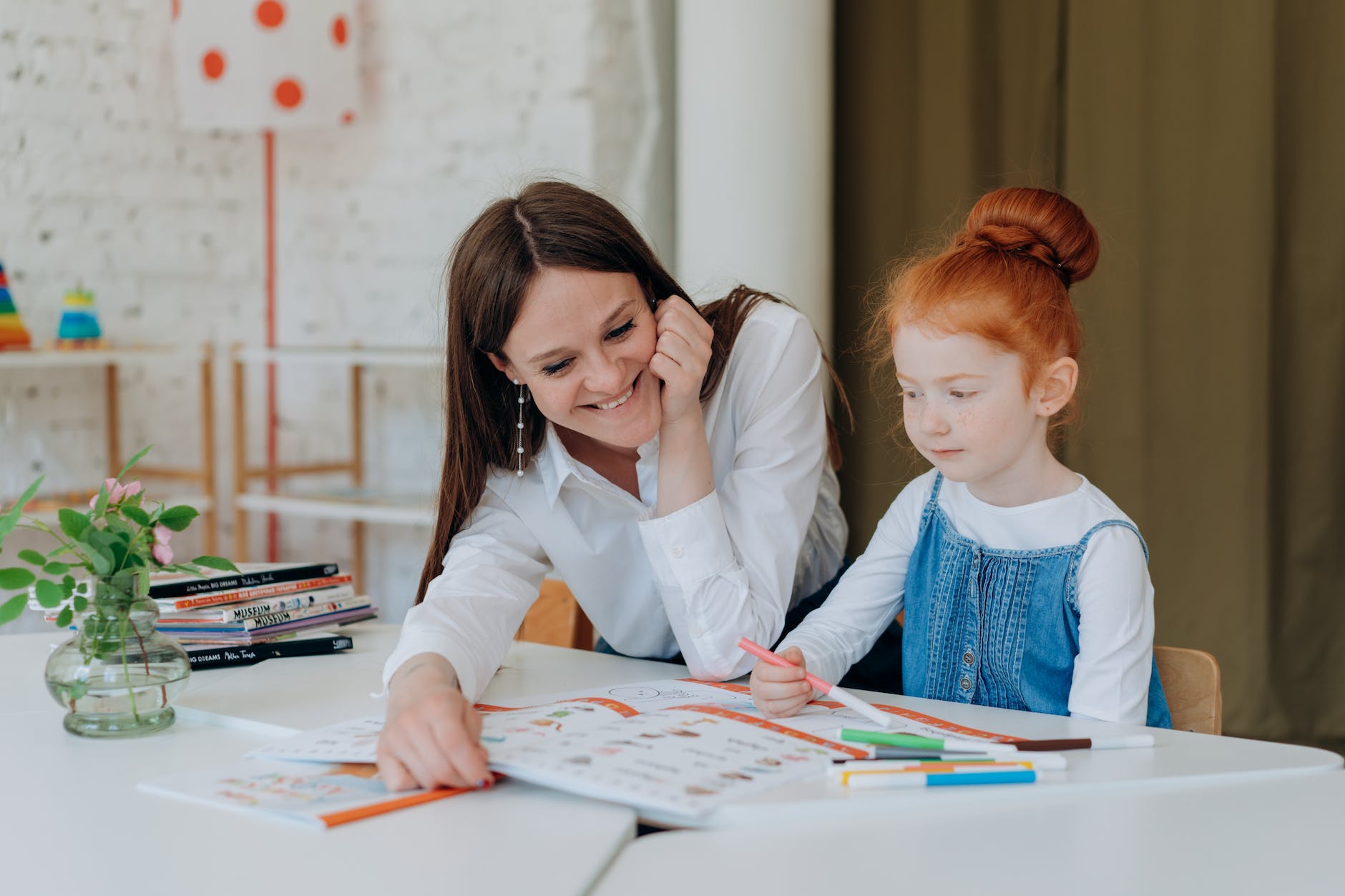In the journey of education, the seeds of knowledge planted in early childhood lay the groundwork for lifelong learning and empowerment. As we envision a future shaped by advancements in healthcare and scientific innovation, the cultivation of medical literacy from kindergarten emerges as a transformative pathway towards building healthier, more informed communities. From fostering understanding of the human body to supporting peers with special requirements, developing medical literacy from kindergarten offers a myriad of benefits that extend far beyond the classroom.

1. Empowering Health Consciousness from an Early Age
Introducing medical literacy concepts from kindergarten instills a sense of health consciousness and self-awareness in children. Through age-appropriate activities, stories, and discussions, young learners gain insights into the importance of hygiene, safety, and preventive self-care practices. They develop an appreciation for the interconnectedness of mind, body, and spirit, laying the foundation for a lifetime of informed decision-making and proactive health management.
2. Fostering Curiosity and Inquiry
Kindergarten serves as a fertile ground for nurturing curiosity and inquiry, igniting the spark of exploration and discovery in young minds. By introducing basic anatomy, physiology, and health-related concepts in a playful and engaging manner, educators inspire children to ask questions, seek answers, and explore the wonders of the human body. Through hands-on experiences and interactive learning opportunities, children develop a natural inclination towards scientific inquiry, critical thinking, and problem-solving—a foundation essential for navigating the complexities of healthcare and scientific knowledge in the years to come.
3. Promoting Empathy and Compassion
At the heart of medical literacy lies the capacity for empathy and compassion towards oneself and others. From understanding the needs of a classmate with allergies to showing kindness towards a friend with a scraped knee, kindergarten provides an environment for cultivating empathy and compassion in young hearts. By integrating lessons on empathy, diversity, and inclusion into the curriculum, educators nurture a culture of kindness, respect, and understanding—a foundation essential for fostering healthy relationships, building supportive communities, and promoting social justice in the years ahead.
4. Building Critical Thinking Skills
Developing medical literacy from kindergarten nurtures critical thinking skills essential for navigating an increasingly complex and interconnected world. Through storytelling, role-playing, and problem-solving activities, children learn to evaluate health-related information, distinguish between fact and fiction, and make informed decisions about their well-being. They develop the ability to ask questions, analyze evidence, and think critically about the choices that impact their health—a skill set essential for navigating the challenges of healthcare, media, and information overload in the digital age.
5. Empowering Families and Communities
The benefits of developing medical literacy from kindergarten extend beyond the classroom, empowering families and communities to become active participants in promoting health and well-being. By involving parents, caregivers, and community members in health education initiatives, educators create opportunities for collaborative learning, shared experiences, and collective action towards building healthier, more resilient communities. From cooking nutritious meals together to organizing community health fairs, families and communities become catalysts for positive change, advocating for policies and practices that prioritize the health and well-being of all.
Build a Foundation for Lifelong Learning with Medical Literacy from Kindergarten
In conclusion, the benefits of developing medical literacy from kindergarten are manifold, shaping the trajectory of individual learning, health, and community well-being for generations to come. By empowering young learners with the knowledge, skills, and attitudes to make informed decisions about their health, educators lay the groundwork for a future where every individual has the opportunity to thrive. As we embark on this journey of discovery and growth, let us embrace the transformative power of medical literacy in kindergarten, nurturing a generation of health-conscious, compassionate, and empowered global citizens.
===
Interested in teaching medical literacy pain free? Shop medical literacy resources!

This article was drafted by ChatGPT and edited by Joan Lee Tu, the founder of MedULingo.com.
You may also be interested in the following articles:
Medical Literacy from Kindergarten: Builds a Foundation for Lifelong Learning
Planting Seeds: The Case for Starting Medical Literacy in Kindergarten
Cultivating Allergy Awareness from Kindergarten with Medical Literacy
Planting Seeds: The Case for Developing Medical Literacy on Allergies in Kindergarten
The Benefits of Developing Medical Literacy About Dermatitis from Kindergarten
Planting Seeds: The Case for Medical Literacy on Dermatitis from Kindergarten
Cultivating Lifelong Learning in Medical Literacy: From Kindergarten to Old Age
Fostering Wellness: The Importance of Medical Literacy in Kindergarten Education
Embracing Health: The Benefits of Medical Literacy in Kindergarten Education

